In the winter 2019, Kavita Juneja found herself at the center of a maelstrom. A strange and deadly virus known as SARS-CoV-2 was hurtling across the globe.
“We saw the magnitude of the pandemic as it immediately swept globally from China to Europe,” says Kavita, Gilead’s Senior Director, Clinical Development, Virology. “It was surreal and really something to witness. We knew it was going to spread globally and asked ourselves if we were going to be prepared.”
Gilead scientists were prepared. They had planned for a moment like this through years of research. When coronaviruses with pandemic potential, like SARS and MERS, emerged in the early 2000s, Gilead began searching for potential new antivirals.
“The Ebola outbreak in 2014 intensified that search and helped provide clinical safety data for our investigational antiviral. That’s the reason we could jumpstart our work once SARS-CoV-2 arrived,” Kavita explains.
As a clinical trial lead, she rapidly shifted to work on COVID-19 – the disease caused by the virus– to focus on this antiviral.
“It was a very intense, very collaborative period. We were all working through something bigger than ourselves, working nonstop, nights and weekends,” recalls Kavita. “I knew our company was doing everything we could.”
By May 2020, the Food and Drug Administration (FDA) granted emergency use authorization for the investigational antiviral to treat hospitalized patients with severe COVID-19. But Kavita and her colleagues wondered if it could be used in people at home who were at risk for developing more severe disease, before they got sick enough to be hospitalized.
“We were seeing huge spikes in case numbers and hospitalizations. There was a great need for treatments for these patients and to reduce the burden on the hospital system,” she says. “The idea was to see if we were to give it sooner, could we prevent disease progression?”
There were many challenges ahead as Kavita became the clinical lead for a new clinical trial in outpatients. For one, it was hard to convince those who were sick and told to stay home and isolate in order to prevent transmission to now come into a clinic to test a new drug. Plus, the medicine wasn’t the easiest to administer in a non-hospital setting.
Then there was the fact that the virus was a fast-moving target. “It constantly felt like we were chasing the virus,” Kavita says. “Just as we had set up a site in one place, the virus receded. We realized we had to put up sites more broadly. We were acting like we had a crystal ball, but we really didn’t know where the virus was going.”
It also proved hard to recruit patients, as many were being diagnosed at big testing centers, so their doctors – typically a point of contact for trial recruitment – were often unaware of their patients’ status. While the introduction of effective vaccines in late 2020 and early 2021 was good news, it further complicated the trial, as people began to have prevention options and trial enrollment waned.
But by August 2021, they had analyzed the data, which showed encouraging results. “That set off another round of late nights and weekends,” Kavita says. There were rapid submissions to journals, to conferences and to the FDA, which gave formal approval for use of the therapy in appropriate non-hospitalized patients in January 2022.
Kavita says she never could have predicted the trial would have such widespread implications when she and her colleagues set out.
“It’s a story in which we didn’t know how things would turn out. You give it your best, you work through the problems and do what you can for people,” she says. “So many teams contributed to moving the program along quickly and at the end of the day, we have an option for people that wasn’t there before and is increasingly needed with the new variants.”
Working from home throughout this period while her children were home schooling created another positive by-product for Kavita. “My children learned the value of hard work and doing what’s right for others,” she says.
Kavita continues to oversee the testing of antivirals as part of Gilead’s ongoing role in helping manage COVID-19 and future pandemics.
“I see Gilead as committed to preparing for the next pandemic,” she says. “We are an industry leader in that effort.”
Source: Newsroom/Press Release

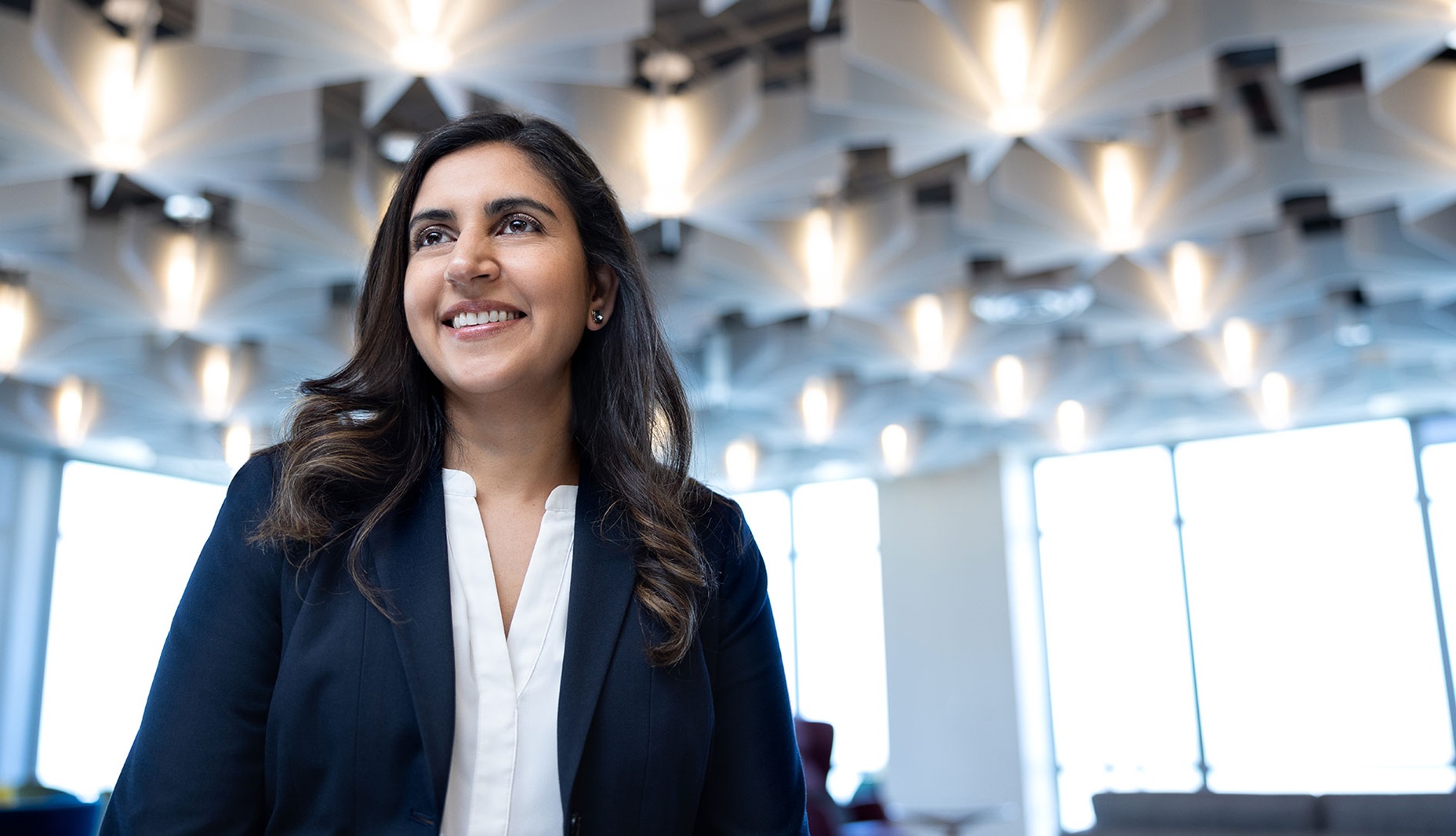

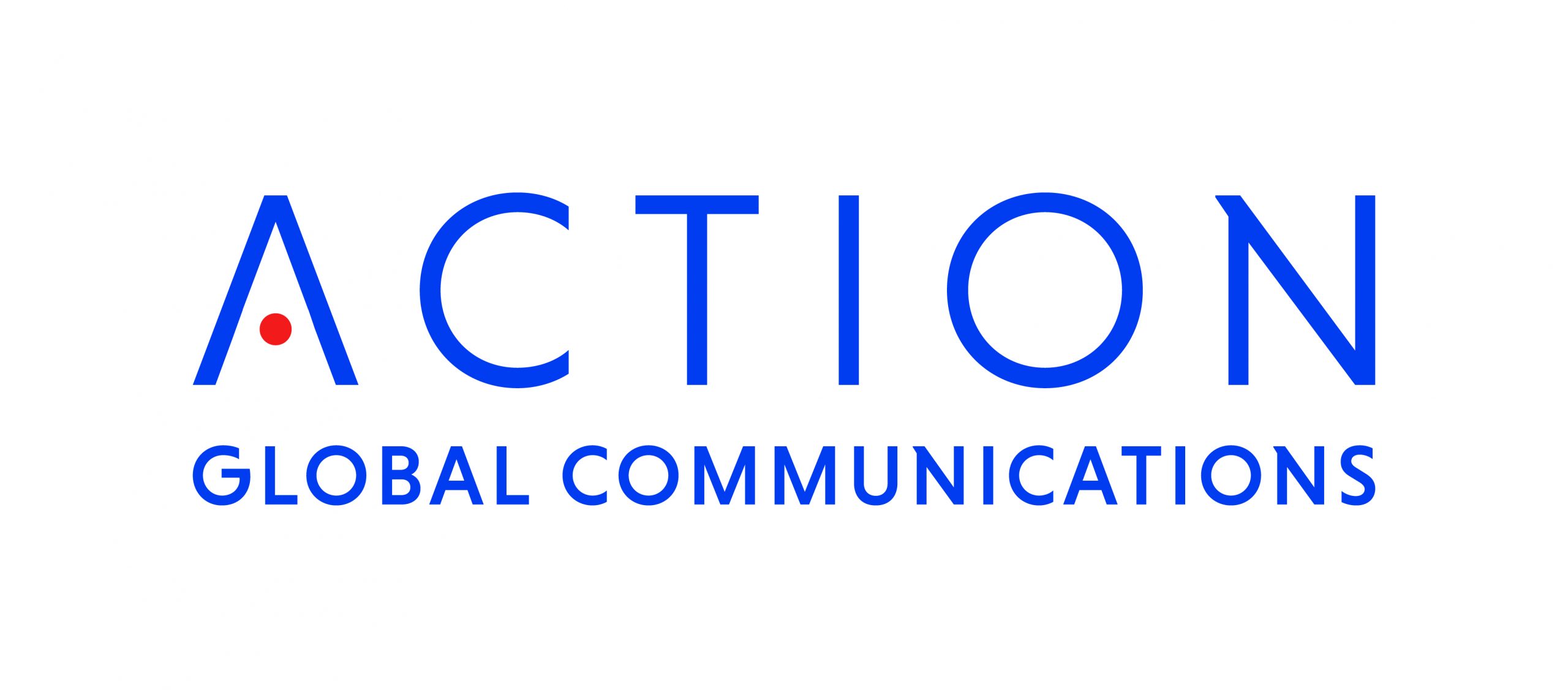


















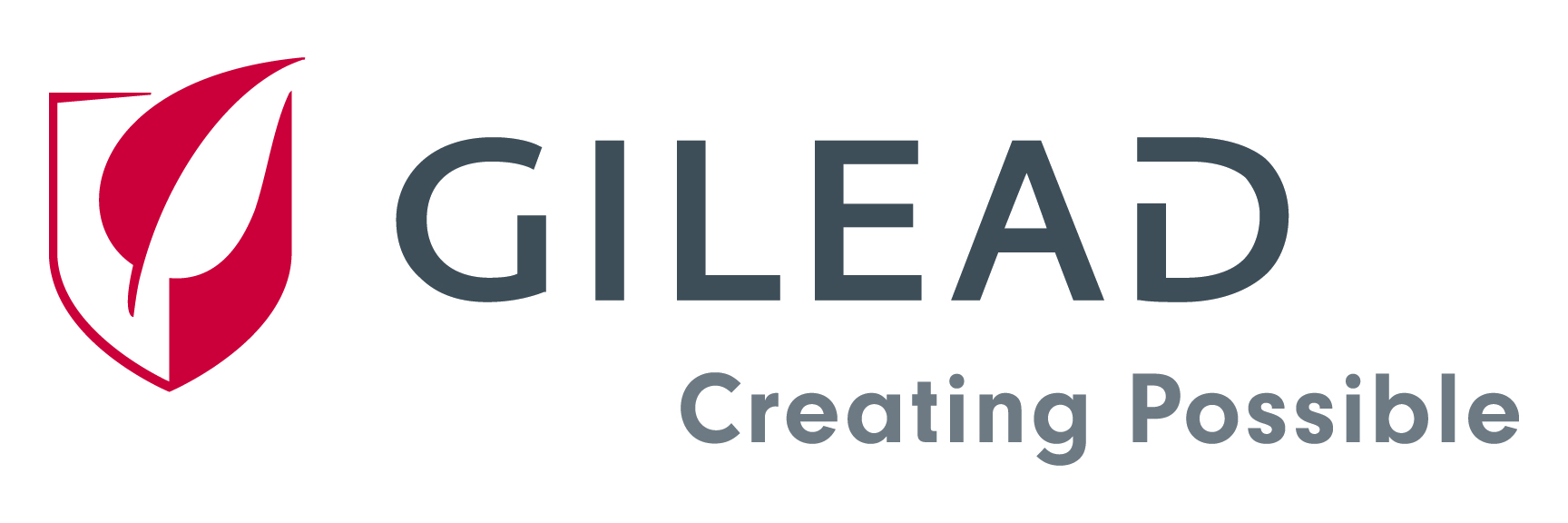







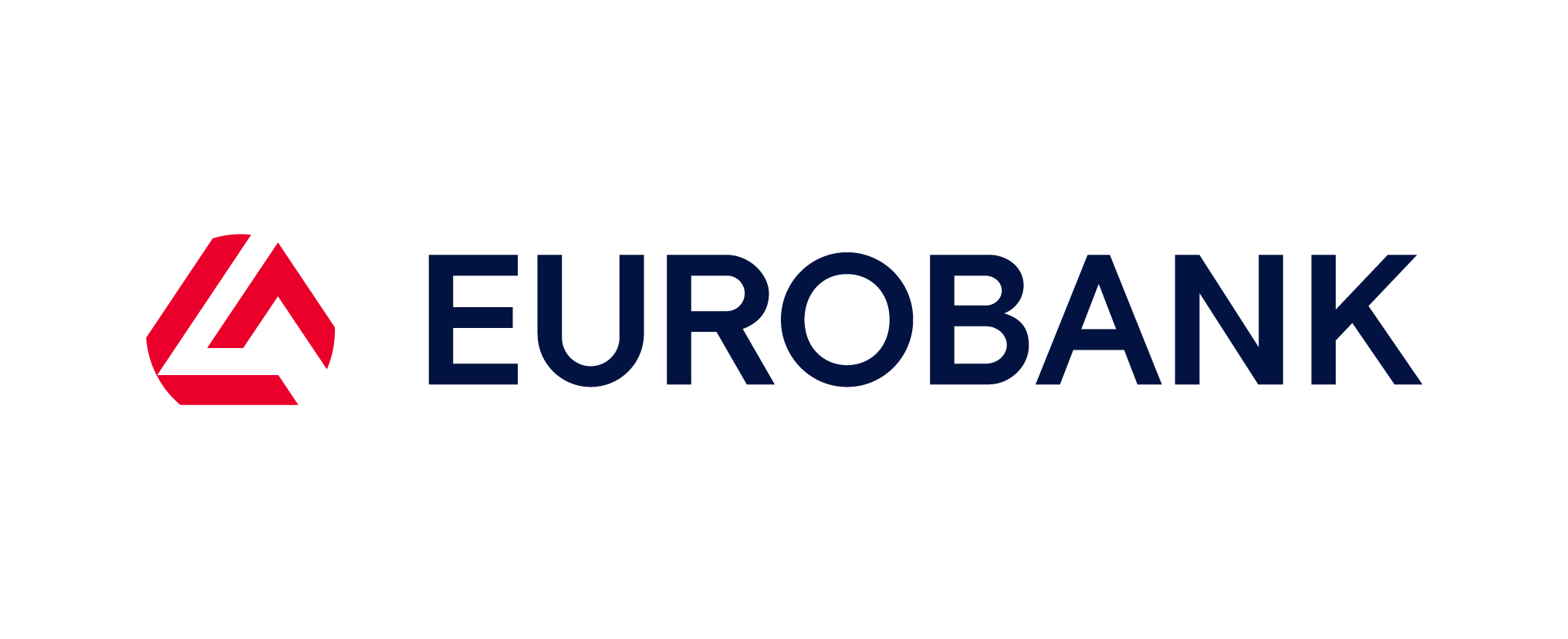

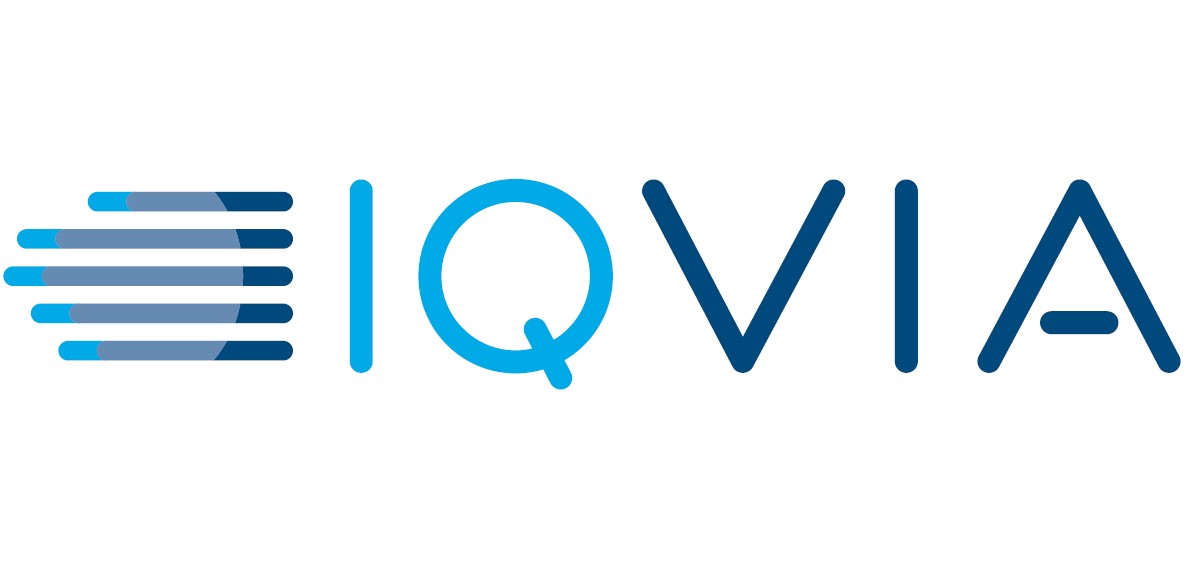



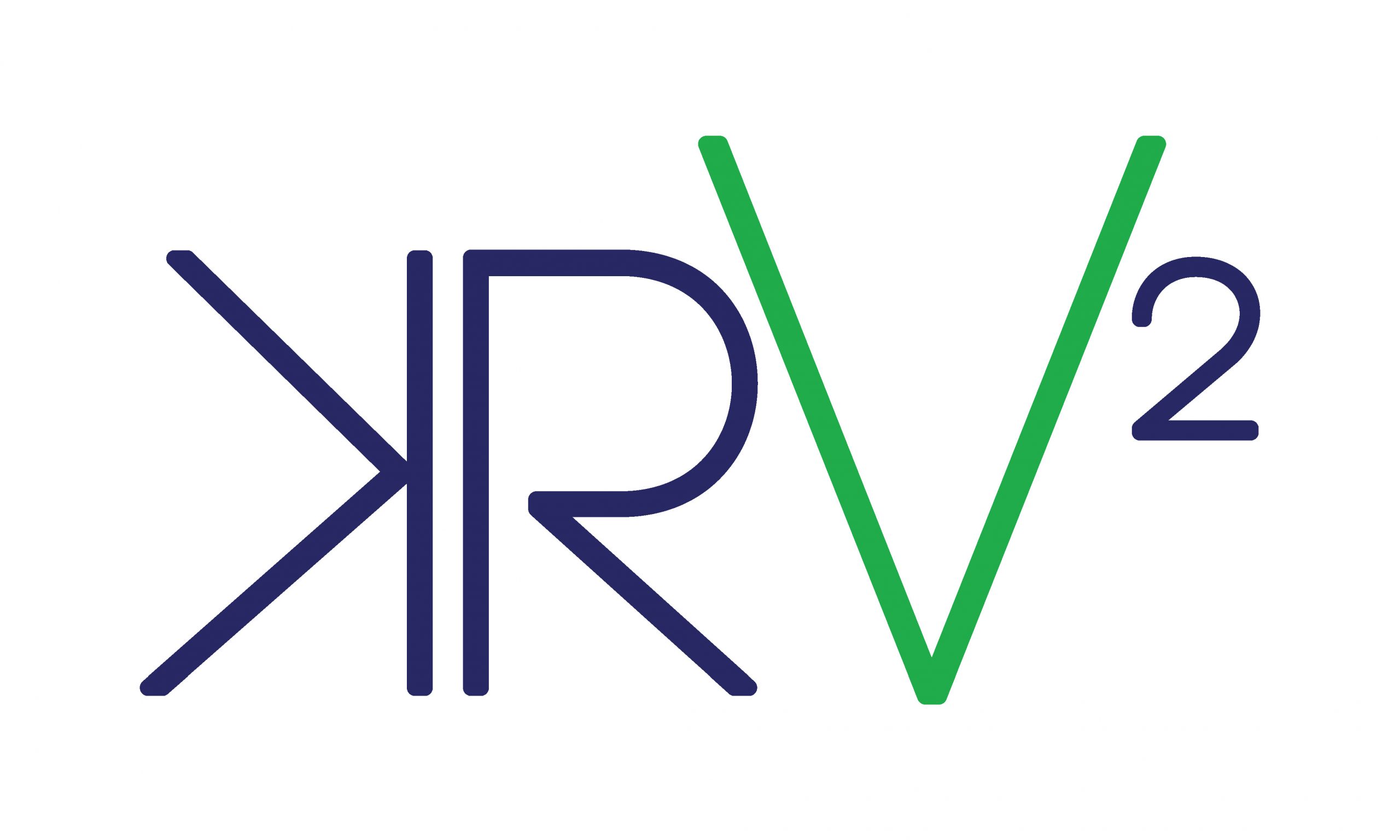




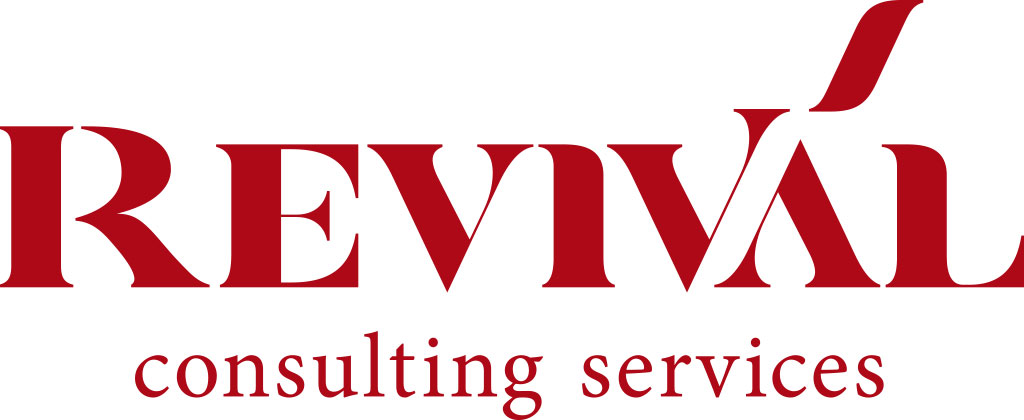
1.jpg)
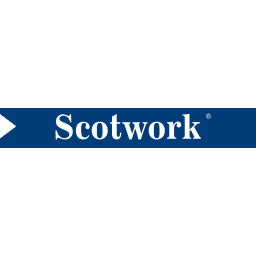











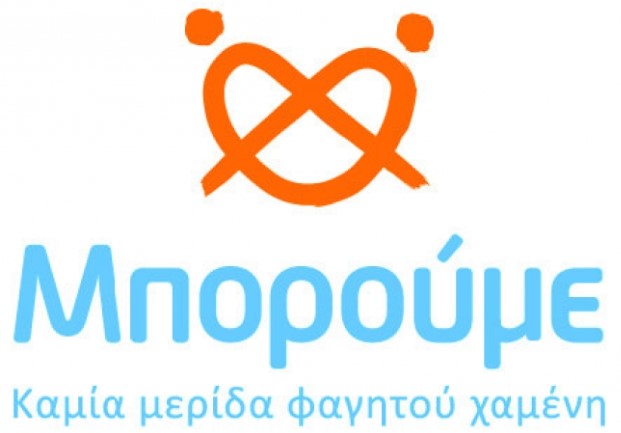




.jpg)





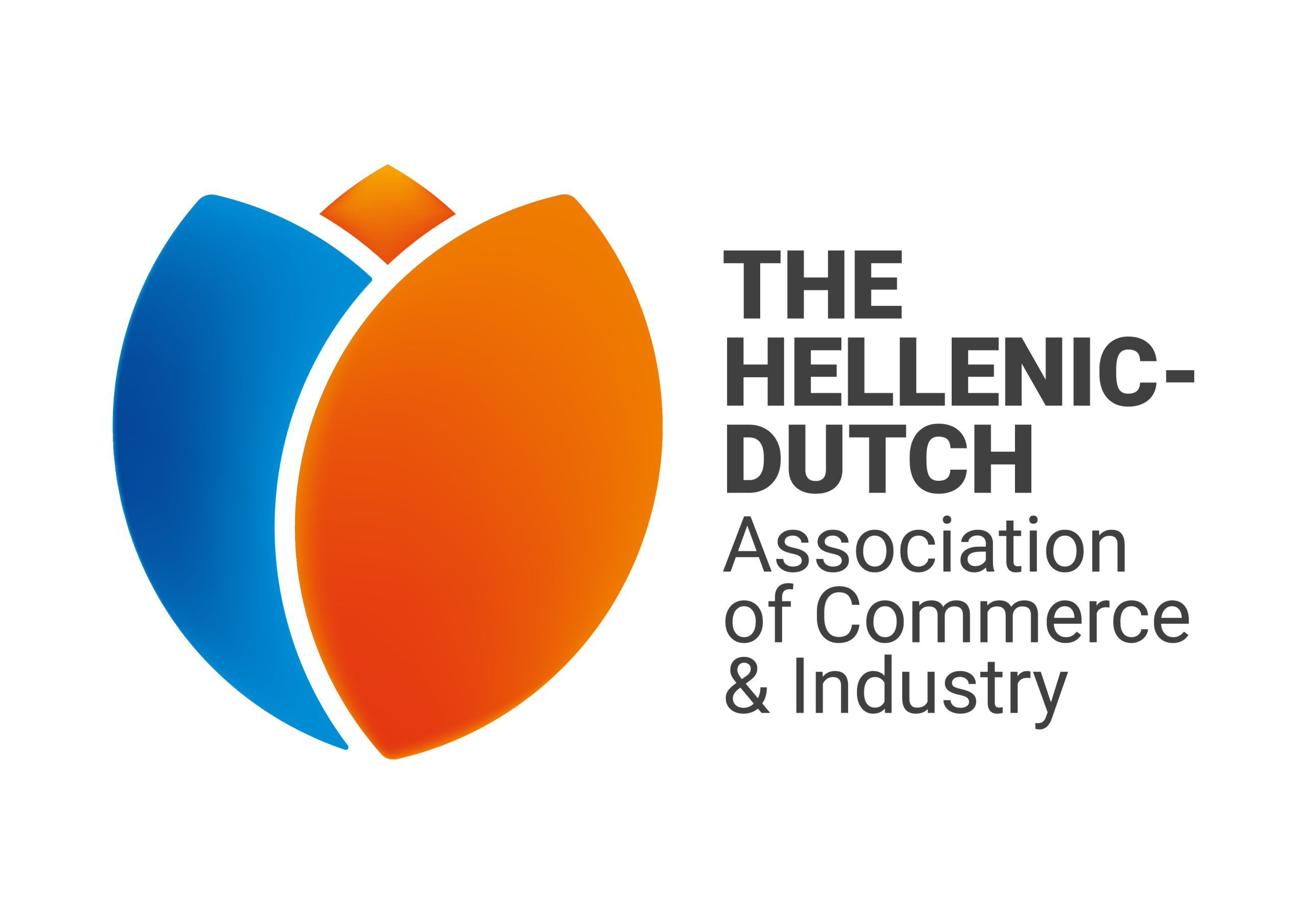
.jpg)



_.jpg)
.jpg)








